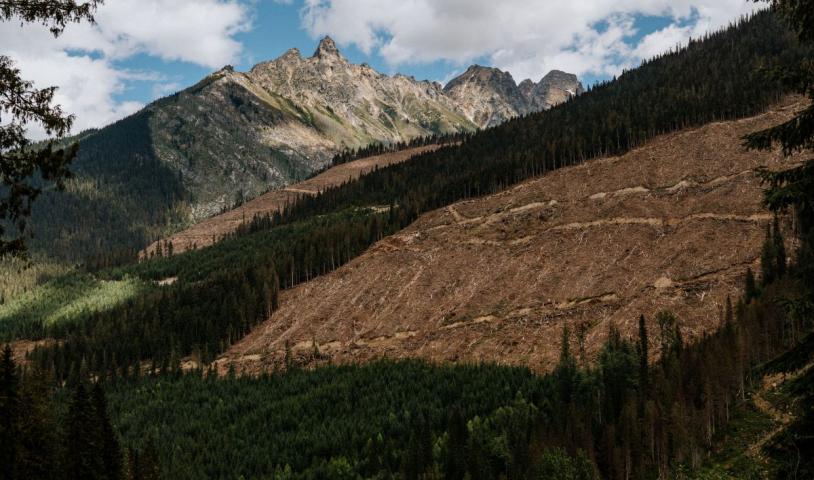Environmental groups launch species at risk lawsuit against federal government
Sunday, October 14, 2012
Five environmental groups are taking the federal government to court over its failure to release recovery strategies for endangered species whose habitat lies along the proposed Northern Gateway pipeline route.
The four species at the center of the lawsuit are the Pacific Humpback Whale, Nechako White Sturgeon, Marbled Murrelet and Southern Mountain Caribou.
The groups -- that include the David Suzuki Foundation, Greenpeace Canada, Sierra Club B.C., Wilderness Committee and Wildsight -- say the recovery strategy for each of these species is at least three years overdue.
The groups say the protection of endangered wildlife is the federal government's obligation under the Species at Risk Act (SARA) and current delays threaten endangered species survival. They say the deadlines for producing recovery strategies are mandatory and that once a species has been listed under SARA, the government is required by law to come up with a recovery strategy that identifies the species' critical habitat.
"Government's approach is a blueprint for extinction," says Gwen Barlee with Wilderness Committee. "We believe that the recovery strategies for these species have already been created. And I truly believe they are sitting at someone's desk in Ottawa, and some political interferences are holding these strategies back."
The environmentalists say the delay in identification of proper recovery strategies makes for hasty regulatory reviews of major development projects, like the Northern Gateway pipeline.
George Heyman with Sierra Club B.C. says a review that is missing proper critical habitat assessment leaves Canadians in the dark as to whether the that review was accurate and should be trusted.
"That environmental assessment is going ahead without some of the information we feel it needs," says lawyer Sean Nixon with Ecojustice. "So the duties under SARA are not yet triggered to assess the impact of the Enbridge pipeline proposal...to ensure the mitigation measures are applied to reduce its effects."
"So while the federal government is weaseling about whether and how to protect critical habitat, the industrial development marches on," says Nixon.
The groups say SARA is a solid piece of legislation on paper, but it has been poorly implemented by the federal government. Currently 188 recovery strategies are past their legal due date, and of that number 87 of them are more than five years overdue.
"If the government is routinely violating these deadlines, the solution should not be to change the law, the solution should be to comply with it," says Nixon.






